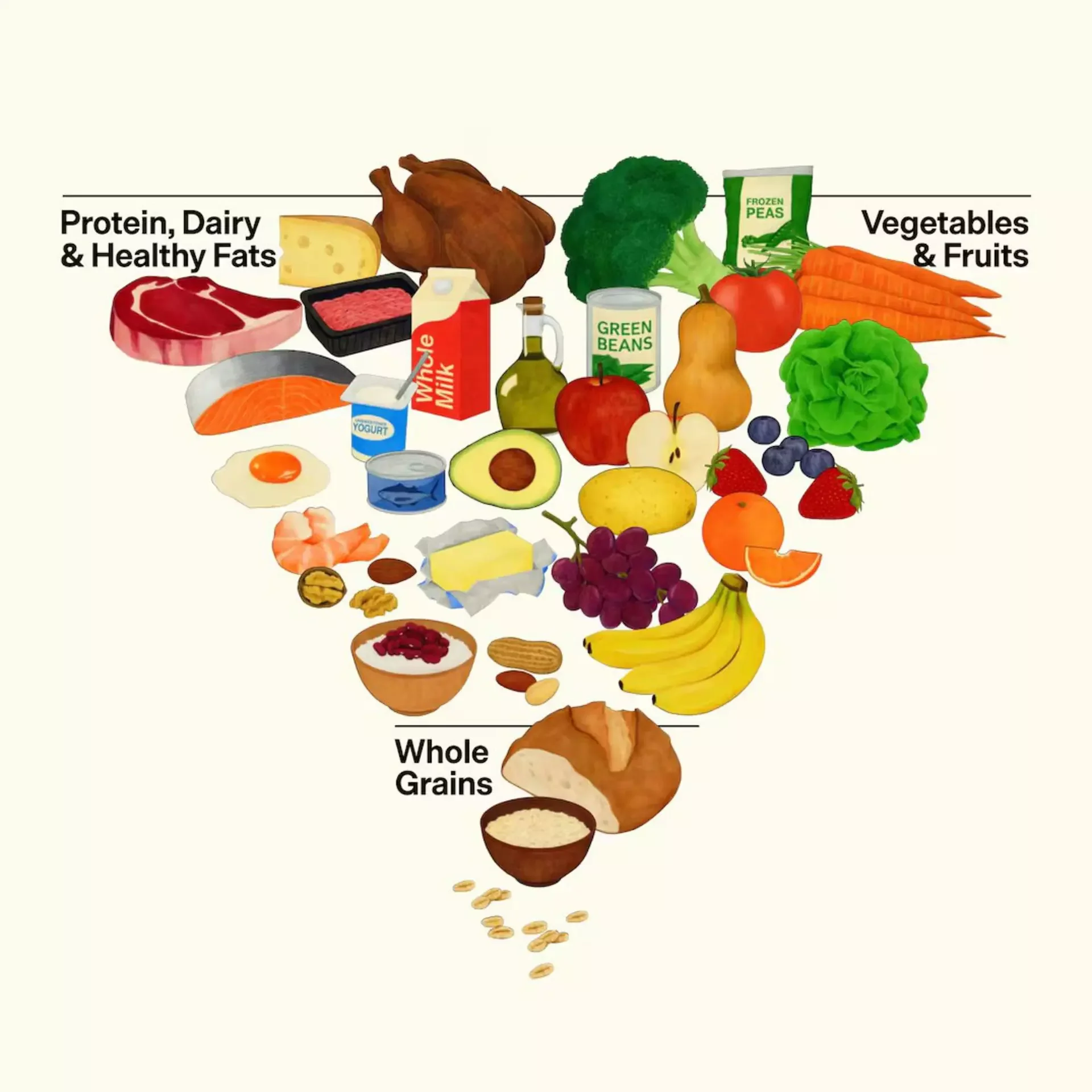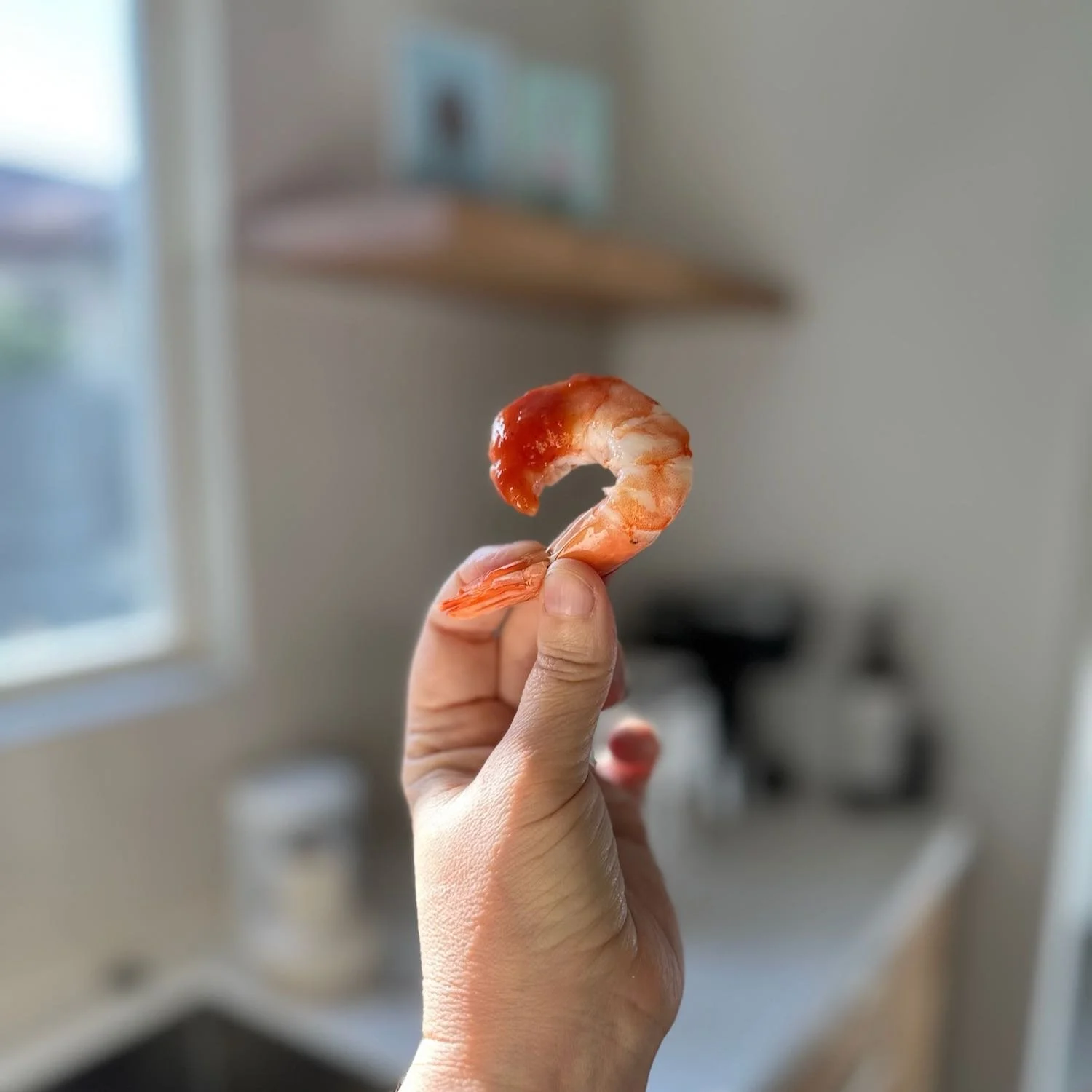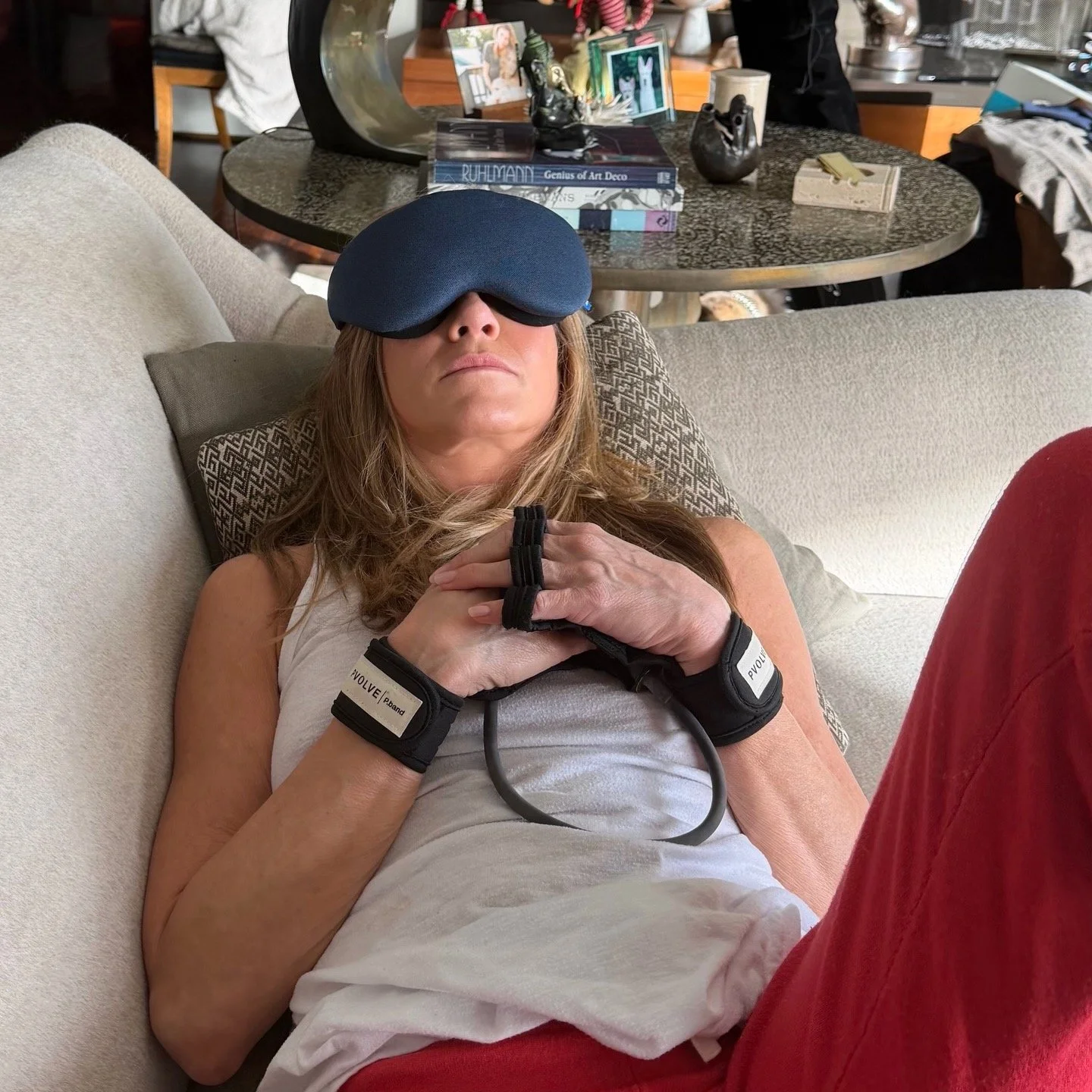Try These 5 Tricks If You Feel Bloated
Like popping a balloon … kind of.
by The Candidly Team
There’s something deeply demoralizing about bloating. Puffing up for no apparent reason, not being able to button our jeans, the lack of comfort and familiarity we feel within our own bodies. It’s all hellish.
But more than anything, it’s the loss of seeming control, the unpredictability, the not knowing why it had to happen on the one Saturday afternoon where we only packed something fitted to wear to that wedding.
We, of course, want to get to the root of the issue, but we also just want solutions. So today, we’re spotlighting 5 things that can help us bring down the bloat.
WHY DO WE BLOAT?
There can be many reasons, and clearly the cause will affect which remedies work but here are some of the major culprits:
Gas: the number one cause. It gets its own bullet point.
Fluid retention: This often accounts for those hellish days before our period.
Digestive issues: food choices, eating too fast, food intolerances, IBS, constipation.
Hormones: menstrual cycle, water retention, perimenopause.
Stress: Ugh, what doesn’t it cause?
More serious medical issue: If it’s persistent, you should talk to your doctor just to rule out anything serious.
5 WAYS TO DEBLOAT
1. Rub your belly.
We’ll start with a quick and easy one. A belly rub can ease tightness and pressure, relieve cramping, and help bring down bloating, wrote Michigan Medicine. It can also help get things moving in your digestive tract. They even offer this little, step-by-step guide on how to do it HERE. But here is another helpful visual example of a way to go about it.
2. Change up your drinking game
It isn’t just what we drink but how we drink it that can cause gas to get trapped in our stomach. So let’s run through a few quick dos and don’ts.
Choose still over sparkling: All those bubbles need to go somewhere.
Don’t drink from a straw: Again, more air can get trapped in your tum.
Drink tons and tons of water: It relieves water retention by flushing out toxins and salt.
Sip herbal tea:
For gas and digestion issues, try peppermint, chamomile, ginger, turmeric or fennel.
For water retention, try dandelion.
(This is all according to The Cleveland Clinic FYI.)
3. Walk it off.
Both cardio and strength training (in the core) can help you to debloat, but walking is an easy and accessible sort of magic. According to UCLA Health it can:
Reduce the stress that contributes to gastrointestinal issues
Help free trapped gas before severe bloating and pain occur.
Relieve constipation.
Reduce gas and bloating after eating even better than medication, according to research.
4. Make these tweaks to your eating.
Just like with drinking, what we eat and how we eat it has a HUGE impact. So here are some ideas:
If you notice bloating after a big meal, try eating smaller meals more often and at a slower pace.
Fiber, fiber, fiber: Fiber is critical for digestion, which is critical for not bloating, though eating a lot of it, especially at first when you’re not used to it can also cause bloating and discomfort for a time. According to UCLA Health, you should try to eat about 14 grams of fiber for every 1,000 calories you consume. Build up slowly if you’re just getting used to eating more fiber. And to prevent bloating, try eating it alongside a complex carb such as sweet potatoes or quinoa.
Probiotics and prebiotics: Think fermented foods and live active culture yogurts.
Make potassium a priority: It reduces water retention by helping counteract the effects of sodium.
Eat diuretic veggies: Again, this will help with the flushing process. Options include: cucumbers, lemons, onions, watermelon, bell peppers, asparagus, grapes, pineapple, celery, garlic, and ginger.
Try ginger: Ginger, specifically, can help with fermentation, constipation and other causes of bloating and intestinal gas, according to Johns Hopkins.
Don’t chew gum: Again, all that swallowed air is gonna go somewhere.
Limit processed foods.
Notice: Pay attention to which foods result in bloating for you personally. Track them. Write them down. This will help you make more informed decisions in the future about what to avoid when you don’t wanna bloat.
5. Consider supplements.
This is something you’ll of course have to consult your doctor about before trying but different supplements can offer different types of relief.
Peppermint Oil - can relax muscles and help release “trapped” gas.
Psyllium Husks - fiber can help you go to the bathroom more regularly. Just be sure if you take it to drink loads of water.
Magnesium Citrate - a very natural way to stimulate your digestive system, much like a gentle laxative.
Probiotics - can support a healthy gut balance, even helping you digest food better and absorb extra gas.
Antacids - these could help with inflammation in the digestive tract and allow you to pass gas more easily.
This article is for informational purposes only. It is not intended to be used in place of professional advice, medical treatment, or professional care in any way. This article is not intended to be and should not be a substitute for professional care, advice or treatment. Please consult with your physician or healthcare provider before changing any health regimen. This article is not intended to diagnose, treat, or prevent disease of any kind. Read our Terms & Conditions and Privacy Policy.






